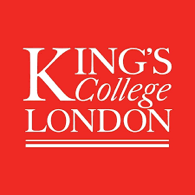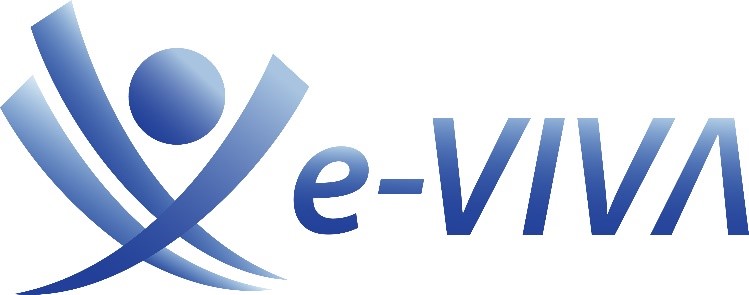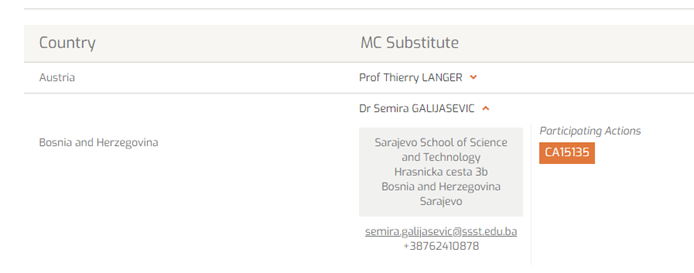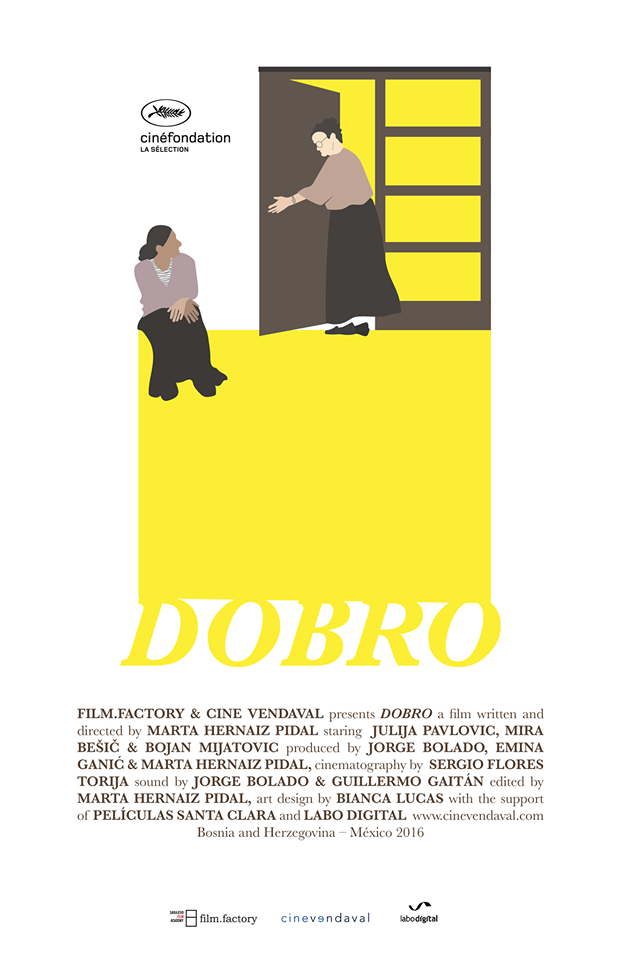Funded by
(European Cooperation in Science and Technology) COST Association
Start of implementation
2019
Partners
University of Tasmania, Australia; Macquarie University, Australia; AtCor Medical, Australia; Austrian Institute of Technology, Austria; Klinikum Wels-Grieskirchen, Austria; Medizinische Universität Graz, Austria; Ghent University Hospital, Belgium University Clinical Center (Clinic for heart, blood vessel and rheumatic diseases) and Medical Faculty, University of Sarajevo, Bosnia & Herzegovina; University of Split, School of Medicine, Croatia; European University Cyprus, Cyprus; Center for Cardiovascular Prevention, Charles University Medical School I and Thomayer Hospital, Czech Republic; Steno Diabetes Center Copenhagen, Denmark; Aarhus University Hospital, Denmark; INSERM - Paris Research Center, France; Universite Paris Descartes, France; AXELIFE SAS, France; ALF Distribution GmbH, Germany University Medicine Greifswald, Germany ; IEM GmbH, Germany; Charité-Universitätsmedizin Berlin, Germany; Redwave Medical GmbH, Germany; Athens Medical School, Greece; National and Kapodistrian University of Athens, Greece University of Athens, Athens Medical School, Greece; Aristotle University of Thessaloniki, Greece; Semmelweis University, Hungary; University of Pisa, Italy Institute of Clinical Physiology, National Research Council, Italy; Universita' di Sassari, UniSS, Italy; University of Perugia, Italy; QUIPU S.R.L., Italy; DiaTecne S.R.L., Italy; Sapienza University of Rome, Italy; University of Brescia, Italy; Asst Spedali Civili di Brescia, Italy; Rīga Stradiņš University, Latvia; Kaunas University of Technology, Lithuania; Universiteit Maastricht, Netherlands; Fujifilm VisualSonics, Netherlands; Vrije Universiteit Amsterdam, Netherlands; Erasmus MC, Netherlands Minho University, Portugal; Hospital Senhora da Oliveira - Guimarães, Portugal Victor Babes University of Medicine and Pharmacy, Romania; Clinical Center of Serbia, Serbia; Comenius University in Bratislava - Jessenius Faculty of Medicine in Martin, Slovakia; International Laser Center, Slovakia; University Ljubljana - Faculty of Medicine, Slovenia; Universidad Cardenal Herrera-CEU Universities - Hospital Universitario de Sagunto, Spain; Vall d'Hebron Research Institute, Spain; University Hospital and University of Zurich - University heart Center, Switzerland; University of Basel, Switzerland; King's College London, Clinical Research Facility, St Thomas' Hospital and School of Life-course/ Nutritional Sciences, UK; Brunel University London, UK; University College London, Department of Population Science and Experimental Medicine, and Institute for Cardiovascular Science, UK; Yale University, Department of Biomedical Engineering, USA
Summary
Cardiovascular disease (CVD) is the leading cause of morbidity and mortality worldwide, regardless of gender, ethnicity or income. The concept that vascular age, as opposed to chronological age, is better related to the prognosis of CVD is rapidly evolving. Arterial stiffness is an important component of vascular ageing and a potent CVD risk predictor, and as such is emerging as an appealing therapeutic target. Despite recent technological advances for the measurement of vascular ageing in clinical practice, unmet needs remain including: complexity of use and heterogeneity of approaches, insufficient validation in clinical settings, fragmentation of expertise, and lack of research driven studies regarding treatment and head-to-head comparisons between different techniques. Therefore, the aim of this COST action is: To establish a network which will work to refine, harmonise and promote the use of vascular ageing measures, in order to improve clinical practice and to reduce the burden of CVD globally.
http://vascagenet.eu/








































